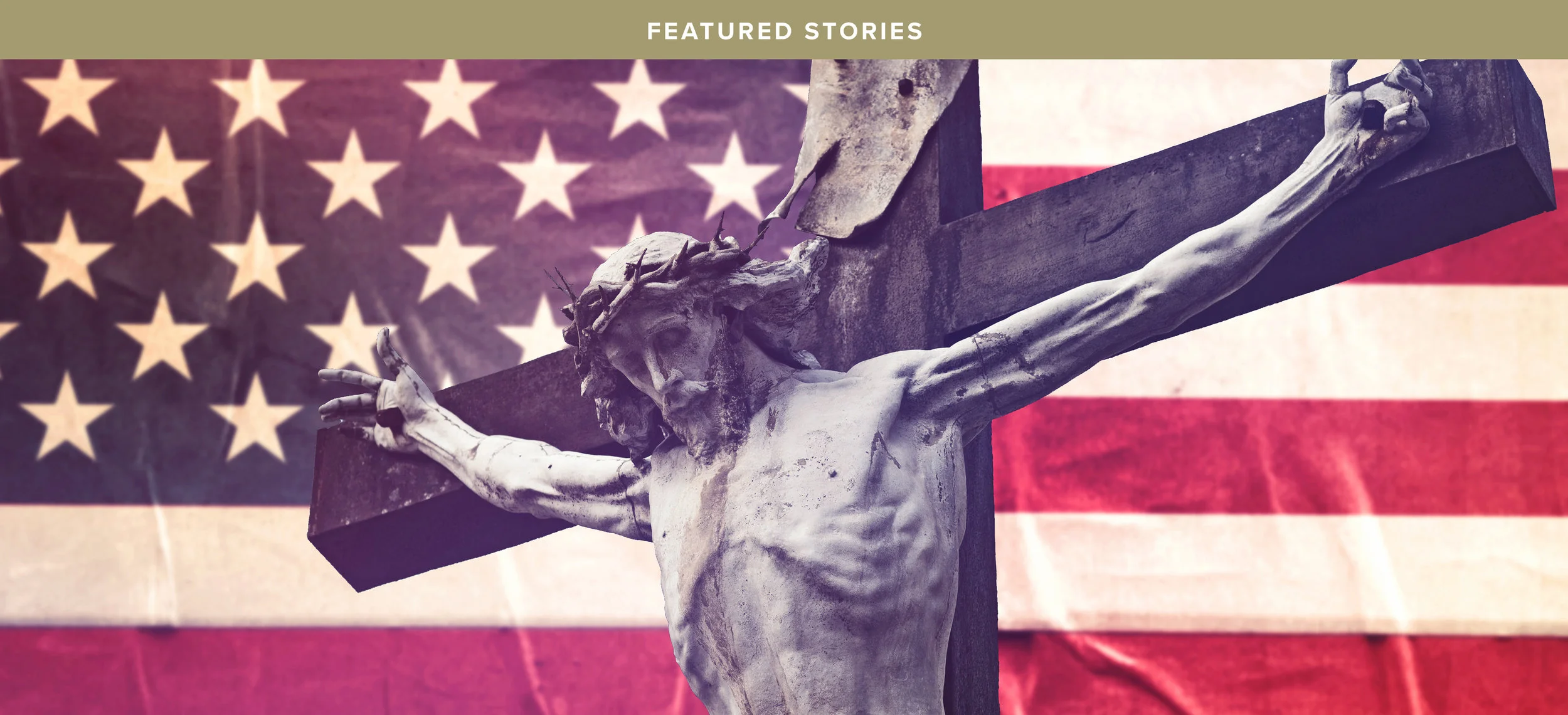Chesterton and the Ancients on Cheese
In a witty little 1936 essay, G.K. Chesterton laments the “neglect of cheese in European literature” and bemoans the mysterious silence of the poets on the subject. Although Chesterton might be right in saying that cheese has not been adequately praised by the muses, he would be wrong to think that such a delectable topic has wholly escaped their notice. Chesterton must not have been familiar, for example, with a poem called the moretum, usually ascribed to Virgil. The poem is some 124 lines – much more than a mere rhyme – and a significant portion of it is dedicated to describing how a poor farmer crafts and then eats herbed cheese (called moretum) for breakfast. It seems to me that it is a praise of cheese; not only its pronounced flavors (seasoned as it is with salt, coriander, garlic and parsley), but also as a delicious staple even for those of very humble means. Indeed, some have even seen in the poem’s detailed account of the forming of the cheese an image of the creation of the world. In this poem, cheese gives rise to contemplation about life itself! Consider, for example, these sumptuous lines from the moretum:
Therefore, with some drops of Minerva’s oil he instills,
And a little strong vinegar on top he spills.
Once more he mixes his creation, and renews his blending
At last round the mortar his two fingers mending
The dispersed portions into one ball,
It befits that type and name we call
the moretum. [1]
Virgil, however, is not alone in understanding cheesemaking as an image of creation. In Job 10:9-11 (ESV), Job compares his own creation by God to the making of cheese: “Remember that you have made me like clay; and will you return me to the dust? Did you not pour me out like milk and curdle me like cheese? You clothed me with skin and flesh, and knit me together with bones and sinews.” God is Job’s maker – the potter, the cheesemaker, the weaver. This passage in Job is not unique in the ancient world, but reflects a widespread understanding of fetal development as being similar to the creation of cheese; the blood in the womb was thought to coagulate to form a solid mass, just like rennet curdles milk into cheese. This biological analogy was used from Job and Aristotle straight through to the likes of Hildegard of Bingen in the Middle Ages. Cheese was therefore not only an ancient culinary staple essential to human life in all its forms, but its creation even paralleled the formation of life. Against Chesterton’s impression of the neglect of cheese in literature, few foods could be paid a higher literary compliment.
Cheese was also used as a term of endearment for the Romans. In Plautus’ play Poenulus (Act 1, Scene 2), the slave Milphio addresses his master’s beloved in an over-the-top barrage of affection, which ends: “my honey, my heart, my biesting,[2] my tender little cheese!”[3] If we think of the foods that we use now to refer to our special someone (think: honey – as the Romans – but also cookie, cupcake and the like), we can see that cheese was thought of as highly as we think of dessert. Cheese is something so sweet and precious it can be employed in the language of love. Given Chesterton’s love affair with the cheeses of England, which he so tantalizingly describes in his essay, I am sure he would approve.
But my favorite ancient account involving cheese is not found, it is true, in a poem, but in an early Christian martyrdom story called The Passion of Perpetua and Felicity. In this text, the protagonist (Perpetua) has visions of her coming martyrdom and future glory. In one such vision, after overcoming the trial of climbing a narrow ladder covered in weapons which stretches to heaven, she enters into paradise and is given cheese by Christ who appears in the guise of a heavenly shepherd. To think that eating heavenly cheese prepared by the divine mediator is a promise of the life hereafter is certainly appetizing to me, but also shows a regard for cheese which not even Chesterton could outdo.







